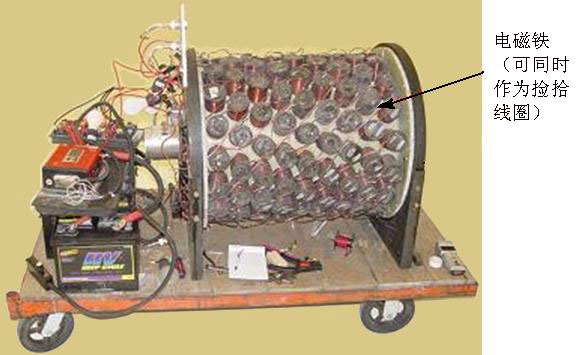

Before we get into the construction, I feel that a description of the theory of operation is in order. If you build it exactly as shown, do not use a box any smaller than this, as you will be crowding the front panel controls.

I housed this unit in a 7 x 4 x 5-inch box. In two years of use, I have not felt any need to change the design, as it has worked well under all situations.

You may build this unit as shown or add/delete stages if you prefer something more customized for your needs. In addition, you will need a power supply of 15 volts at 200 mA. It requires six integrated circuits and two transistors. The generator is fairly easy to build and uses a straightforward design. Although I own a somewhat expensive commercial function generator, I find that this pulse generator is the one I reach for most of the time. If you work with digital and logic circuits (and we all do), you will find this instrument handy for design, troubleshooting, and calibration of electronic circuits.


 0 kommentar(er)
0 kommentar(er)
